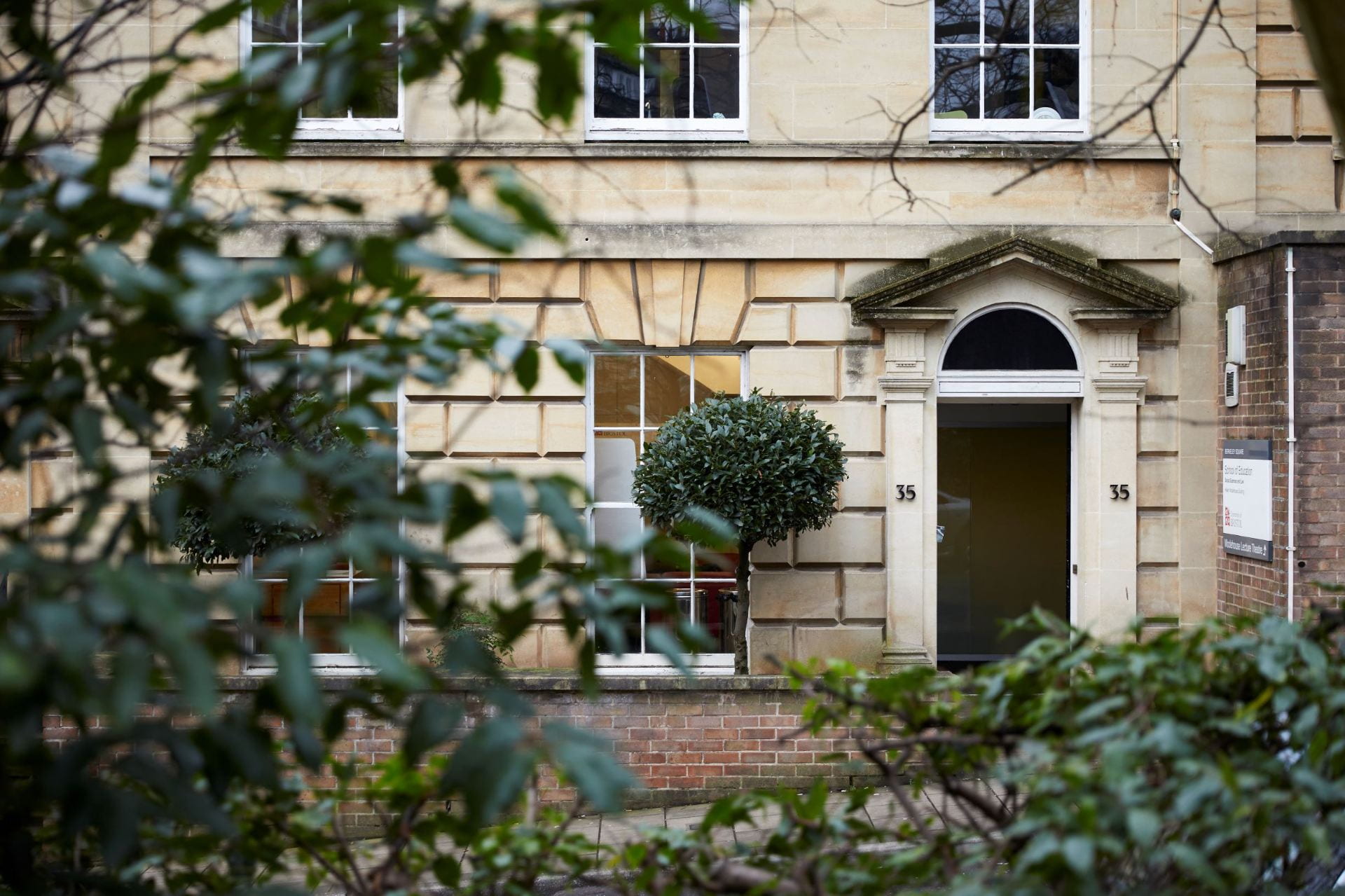Welcome to the School of Education blog
Here, we explore the latest trends, educational research, personal stories and student experiences, and thought-provoking discussions shaping the realm of education.
Whether you’re a student, educator, researcher, or simply passionate about the transformative power of learning, our blog is your go-to destination for insightful articles, expert perspectives, and engaging content.


